About Ciara
“I grew up on a farm here at home, which comprises of dairy, beef and sheep. So, my interest in agriculture came mostly from that. From a young age, we always went out and helped on the farm. I always had a great interest in sheep because I loved the lambs, and it was something I was able to manage by myself, even when the lads weren’t around.
“I already completed a degree in SETU in applied biology. I thought I would go on and do teaching, but when I finished my Level 7, I didn''t really enjoy it as much and I found it really difficult, so I took a year out.

SETU Team members:Aoife Meagher, Owen Maleady, Maud O’Callaghan, Patrick Shanahan [Captain],Ciara Leonard and Cormac Loughran. Photo credit: Irina Zakharova.
“I was working on a pedigree beef, sheep and tillage farm close to home. I absolutely loved it. I filled out a new CAO and went back to do agriculture in SETU. Since I’ve gone back, I have not regretted it for a single day and I have my Level 7 in agriculture completed now.”
Young people in agriculture
“At the moment I think [younger farmers] have to look a lot more at sustainable agriculture and look at new entrepreneurial ways of farming. That’s one of the main things, because the environment and climate change is something that''s coming down the road. It''s already here, but it''s getting worse as time goes on and there is stuff that needs to be addressed.”
How did you get involved in debating?
“A friend of mine, who I lived with in first year, did it. He would have been kind of quiet and wouldn''t have been a public speaker and he absolutely loved doing it. When Rachel O''Dowd [SETU lecturer] came around with Owen [captain of the debating team], they were very convincing. I put my name down and went for it. Before doing it, I would never have stood up in front of a crowd and been able to say hello, never mind a full speech.”
What did you learn from the topics?
“It was a real eye opener, especially the topic [opposing the motion of “The solution to negative perceptions of red meat is more honest communication"]. It was difficult. It was good to debate it, you''d never really see it from that point. We really had to dig deep to get points and back ourselves up.
“There aren’t very many red meat convenience products for people compared [for example] to chicken, which often comes pre-cooked in a packet, and people just pick it up and put it in sandwiches for on-the-go. With beef, you have to bring it home, put in a pot and cook it. It''s not for the people coming home from a day’s work.”
How do you think we can change the negative perception of red meat?
“I think displaying more of the health benefits will help change the negative perceptions of red meat, especially with people going on about protein and everything, I think they have really forgotten about all of the nutritional values of red meat.”
What are the main challenges for the agri-food sector at the moment?
“We import an awful lot fruit and veg from France and Spain, for example, but they’re having an awful lot of weather damage to crops out there.
“Food prices are going to go up and people are going to have to pay more for food, which has already happened, but I think it''s going to increase more. I think it''s right once the money is going back to farmers.”
What opportunities are there for young people in the sector?
“In the last few years, there''s been loads of opportunities. All major agri-businesses are starting to release masters and graduate programmes, which is fantastic. I''d say close to 40% of students that come out of college now get into masters, and they all really enjoy it.”
This is the eighth annual Great Agri-Food Debate organised by Dawn Meats in association with McDonald's. For more information, visit https://www.dawnmeats.com/.
About Ciara
“I grew up on a farm here at home, which comprises of dairy, beef and sheep. So, my interest in agriculture came mostly from that. From a young age, we always went out and helped on the farm. I always had a great interest in sheep because I loved the lambs, and it was something I was able to manage by myself, even when the lads weren’t around.
“I already completed a degree in SETU in applied biology. I thought I would go on and do teaching, but when I finished my Level 7, I didn''t really enjoy it as much and I found it really difficult, so I took a year out.

SETU Team members:Aoife Meagher, Owen Maleady, Maud O’Callaghan, Patrick Shanahan [Captain],Ciara Leonard and Cormac Loughran. Photo credit: Irina Zakharova.
“I was working on a pedigree beef, sheep and tillage farm close to home. I absolutely loved it. I filled out a new CAO and went back to do agriculture in SETU. Since I’ve gone back, I have not regretted it for a single day and I have my Level 7 in agriculture completed now.”
Young people in agriculture
“At the moment I think [younger farmers] have to look a lot more at sustainable agriculture and look at new entrepreneurial ways of farming. That’s one of the main things, because the environment and climate change is something that''s coming down the road. It''s already here, but it''s getting worse as time goes on and there is stuff that needs to be addressed.”
How did you get involved in debating?
“A friend of mine, who I lived with in first year, did it. He would have been kind of quiet and wouldn''t have been a public speaker and he absolutely loved doing it. When Rachel O''Dowd [SETU lecturer] came around with Owen [captain of the debating team], they were very convincing. I put my name down and went for it. Before doing it, I would never have stood up in front of a crowd and been able to say hello, never mind a full speech.”
What did you learn from the topics?
“It was a real eye opener, especially the topic [opposing the motion of “The solution to negative perceptions of red meat is more honest communication"]. It was difficult. It was good to debate it, you''d never really see it from that point. We really had to dig deep to get points and back ourselves up.
“There aren’t very many red meat convenience products for people compared [for example] to chicken, which often comes pre-cooked in a packet, and people just pick it up and put it in sandwiches for on-the-go. With beef, you have to bring it home, put in a pot and cook it. It''s not for the people coming home from a day’s work.”
How do you think we can change the negative perception of red meat?
“I think displaying more of the health benefits will help change the negative perceptions of red meat, especially with people going on about protein and everything, I think they have really forgotten about all of the nutritional values of red meat.”
What are the main challenges for the agri-food sector at the moment?
“We import an awful lot fruit and veg from France and Spain, for example, but they’re having an awful lot of weather damage to crops out there.
“Food prices are going to go up and people are going to have to pay more for food, which has already happened, but I think it''s going to increase more. I think it''s right once the money is going back to farmers.”
What opportunities are there for young people in the sector?
“In the last few years, there''s been loads of opportunities. All major agri-businesses are starting to release masters and graduate programmes, which is fantastic. I''d say close to 40% of students that come out of college now get into masters, and they all really enjoy it.”
This is the eighth annual Great Agri-Food Debate organised by Dawn Meats in association with McDonald's. For more information, visit https://www.dawnmeats.com/.





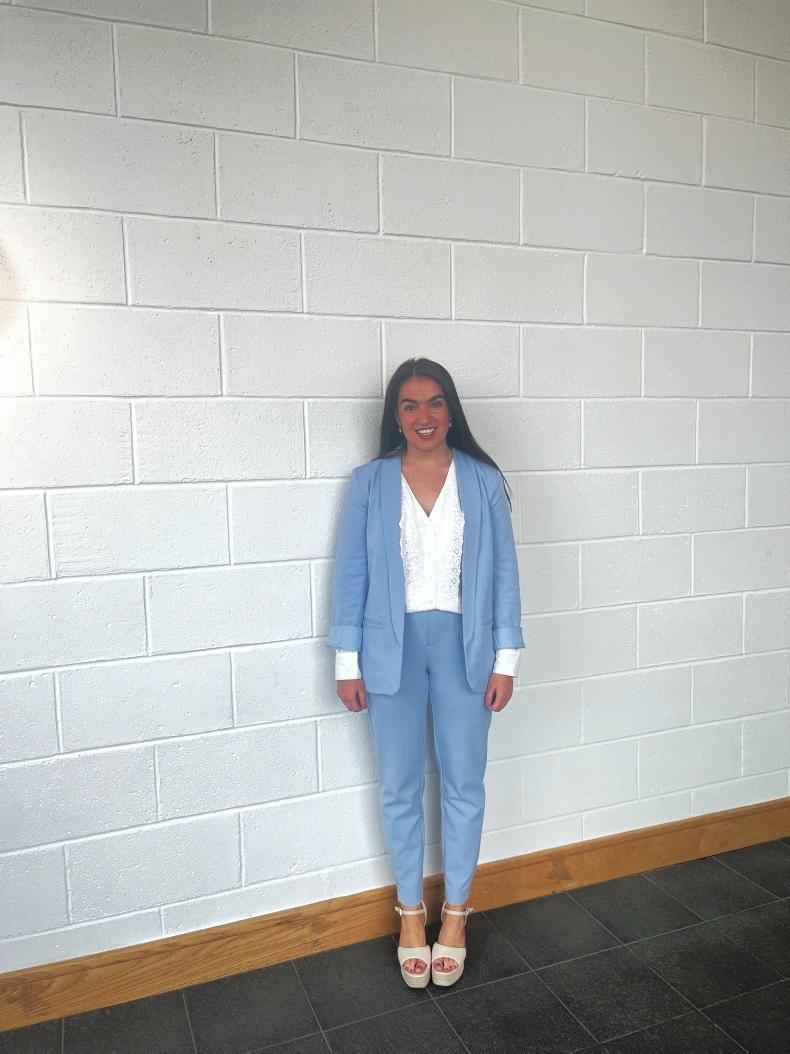
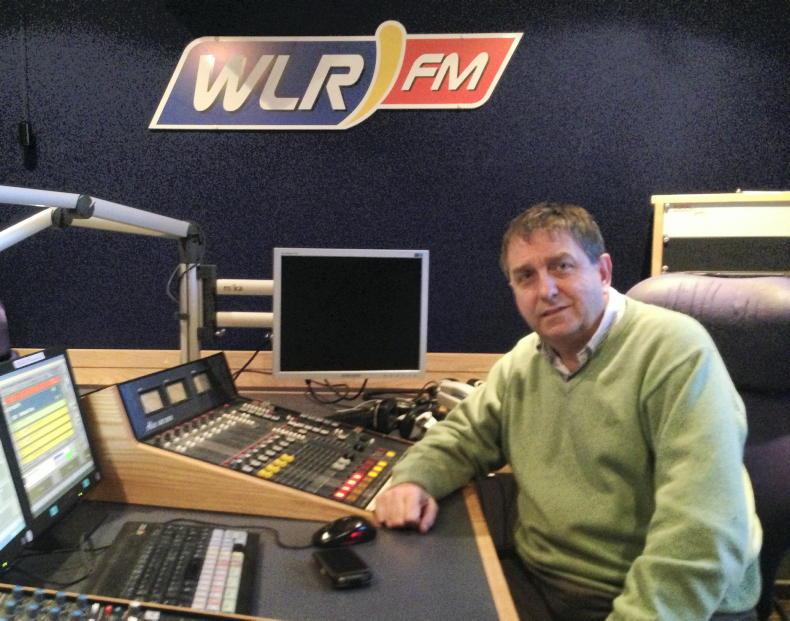
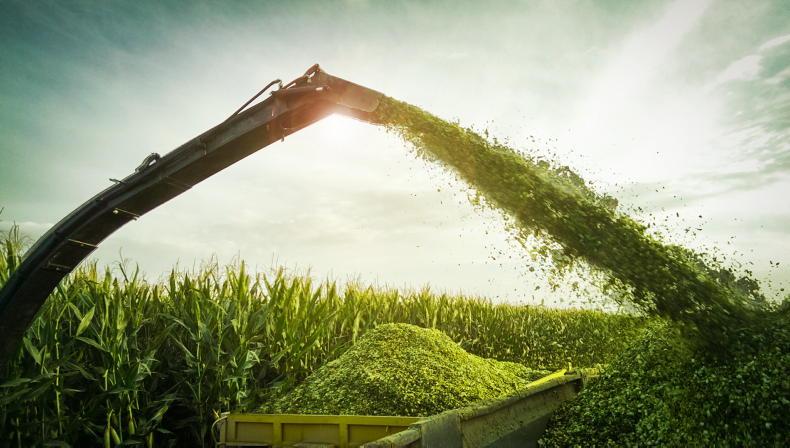
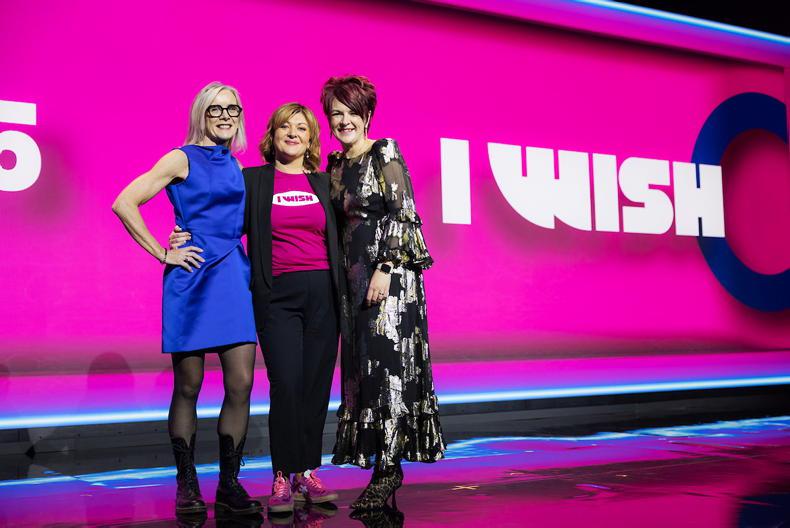
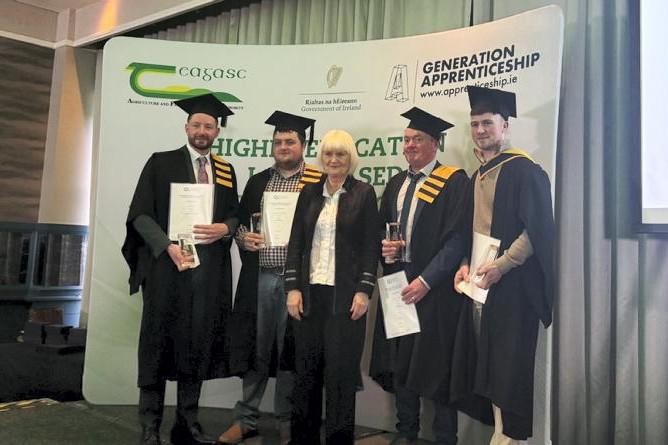
SHARING OPTIONS